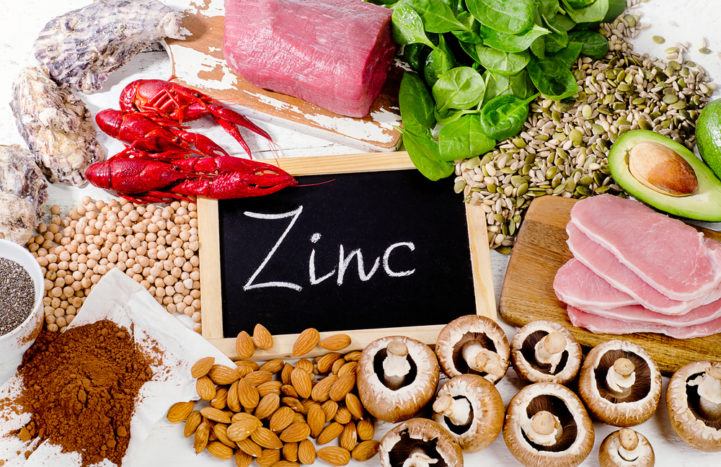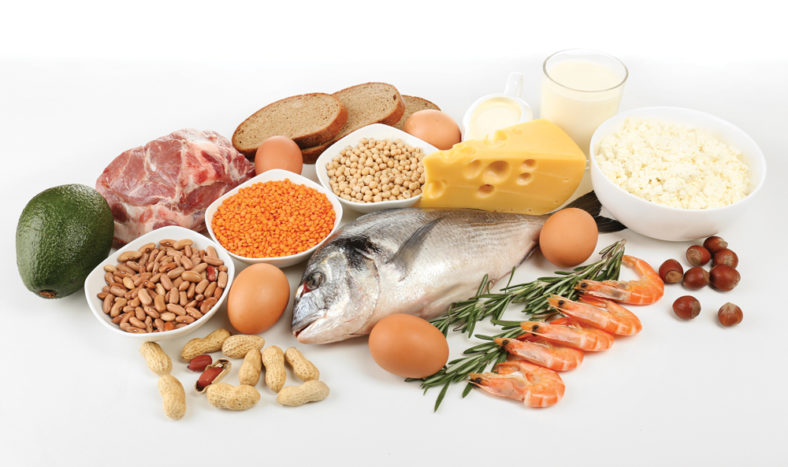Contents:
- Medical Video: How to Use Nutrition for Addiction Recovery
- Why can someone be addicted to drinking alcohol?
- Safe nutrition therapy to overcome alcoholism
- 1. Meet zinc needs
- 2. Meet the needs of vitamin B6 and amino acids
- 3. Maintain blood sugar levels
Medical Video: How to Use Nutrition for Addiction Recovery
Did you know that alcohol is opium? This drink can make someone become dependent. In fact, too often or too much drinking alcohol will have a bad influence on health. To overcome alcoholism is not easy. One safe way to overcome this is nutritional therapy.
What is nutritional therapy and how does it work? To be clearer, consider the following review.
Why can someone be addicted to drinking alcohol?
Alcohol is often a friend when someone is experiencing stress or feeling depressed. This type of drink can affect the brain so that someone feels more relaxed. Reporting from WebMD, alcohol causes the release of natural opiates, which stimulates the body to produce endorphins, a substance that can relieve stress and make someone feel happy.
The more often and more amount of alcohol you drink, the more levels of endorphins are produced. This condition can make you want to consume alcohol continuously without being able to control it. In the long run, alcohol use can increase the risk of various chronic diseases such as heart disease, liver disease, cancer, and others.
That is why people with this condition must undergo treatment or therapy to improve their quality of life.
Safe nutrition therapy to overcome alcoholism
People who have alcoholism often have a history of other diseases such as depression, anxiety disorders, and others. This condition causes patients to be more difficult to take drugs to suppress alcohol dependence. Nutritional therapy is one way that is considered safe for patients with this condition.
Nutritional therapy is a treatment that prevents alcohol addiction to the body by providing nutrients to the body and also the brain. Patients can get these various nutrients easily, whether from food or supplements. Nutritional therapy to treat alcoholism is usually available at rehabilitation centers, nutrition clinics, or hospitals. You will be handled by a registered nutritionist, nutrition specialist, or nutrition practitioner to undergo this treatment.
So what is the focus of nutrition therapy and what should patients do? See the description below.
1. Meet zinc needs
Alcoholism can cause the body to lack zinc. Substances in alcohol interfere with the process of absorption of zinc from meat, nuts, and dairy products in the intestine so that it is wasted through urine. If it is left there will be a leak in the intestine and liver disease. Patients must get this important mineral from food and also zinc sulfate supplements.
2. Meet the needs of vitamin B6 and amino acids
Alcohol in large quantities can reduce vitamin B6 levels in the body. As a result, the body will slow down the production of serotonin and dopamine in the brain. In addition, levels of amino acids such as tyrosine and phenylalanine in the body also decrease. Both of these substances play an important role in suppressing cravings or addiction to sweets, including alcohol.
By meeting the needs of vitamin B6 and amino acids, the body will be able to reduce addiction to alcohol. Some foods that contain amino acids and vitamin B6 are red meat, turkey, chicken, fish, eggs, cheese, beans, and peas.
3. Maintain blood sugar levels
People with alcohol dependence must really keep blood sugar levels normal. Especially limiting foods that have high glycemic index values, such as sugary foods and drinks. Alcoholism can cause hypoglycemia, which is below normal blood sugar levels.
Keeping sugar levels stable can help patients manage addiction to alcoholic beverages. For that, patients are advised to multiply eating fruits and vegetables and limit the amount of carbohydrates with protein and healthy fats.















